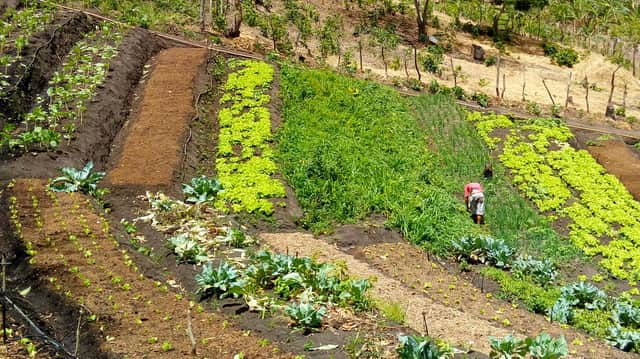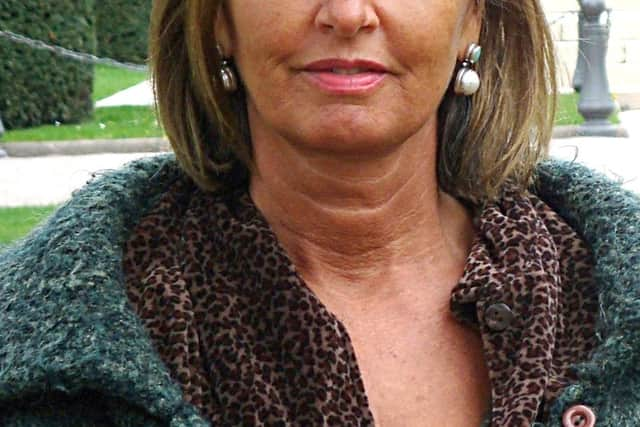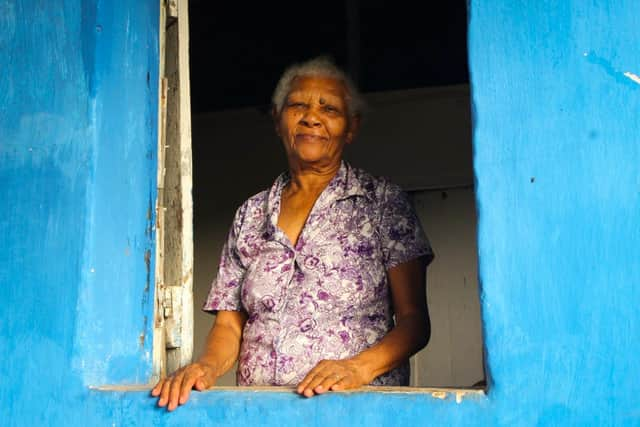Forgotten families embrace the future - May East


Throughout this period, they have strengthened their resilience in the face of a changing environment while developing the capacity to grow their own food utilising natural pesticides and fertilisers, which became the basis of their economy and livelihoods once they acquired collective ownership of the land.
However, the Quilombolas lived on the margins of society. With no contact with the outside world, they had no access to basic education, resulting in high rates of illiteracy. Marriage to blood relatives resulted in birth defects such as deafness, muteness and physical impairments. Disability has inhibited their scope to interact with society at large and, on a basic level, trade with local food markets and consumers. Attempts to sell their produce in the region’s food markets through “middle-men” distributors failed.
Advertisement
Hide AdAdvertisement
Hide AdThus emerged the idea of a Community Supported Agriculture (CSA) scheme, an initiative conceived during a design for sustainability programme hosted by Gaia Education in the coastal capital João Pessoa and attended by one of the Quilombo members. For six months, he actively participated in the learning community and eventually brought some produce to share and sell to other participants. In the end, course organisers and participants supported him to develop an outlet for sales of seasonal vegetables and fruits.


Within three months, a proactive consumer network was mobilised and a CSA scheme launched to the wider public. The community-led agro-ecologocal scheme became an opportunity to connect the quilombo with a community of conscious consumers enhancing connectivity and livelihoods.
Today the Quilombola produces an average of 250 kg of fresh food weekly, including fruits, vegetables and tubers, as well as hundreds of vegetables baskets. With 330 clients in their database, weekly orders are placed via WhatsApp and vegetable and fruit baskets collected in two locations in the capital city. Health issues associated with Covid-19 have increased the demand for their produce but they are having to adapt and address the impact of climate change in their land.
The Quilombo community is located in an area of 122 hectares close to the city of Areia, around 200km inland fromJoão Pessoa. For decades this region was recognised as a fertile zone within the Atlantic Forest biome. However, due to climate change the region is now classed as semi-arid.
Production of vegetables has been hampered by the infrequency of the rains. With the higher temperatures comes greater evaporation and surface drying, contributing to the intensity and duration of drought and forcing producers to resort to irrigation.


The community installed a solar-powered pump system to support irrigation of their vegetable gardens. Previously, the pumps were connected to a single phase carbon-intense power network incapable of keeping up with demand, leading to power outages and burned pumps. The solar system will be installed over the roof of the house of the matriarch of the community, and from there connected to the gardens.
It is yet another example of the unfaltering resilience of this community. A community that lived in total isolation for almost a century, but which is today using local technological innovation to overcome this century’s most pressing environmental challenges so that they can sustain themselves while continuing to support the ecosystem on which their lives depend.
May East, Chief International Officer, Gaia Education
Comments
Want to join the conversation? Please or to comment on this article.